8 Best French Games to Learn to Speak French
Whoever says you cannot learn to speak French by playing is wrong. Games can be a powerful tool since they have many advantages! If you're looking for one of the best ways to learn French, I wrote this article on French learning games for you!
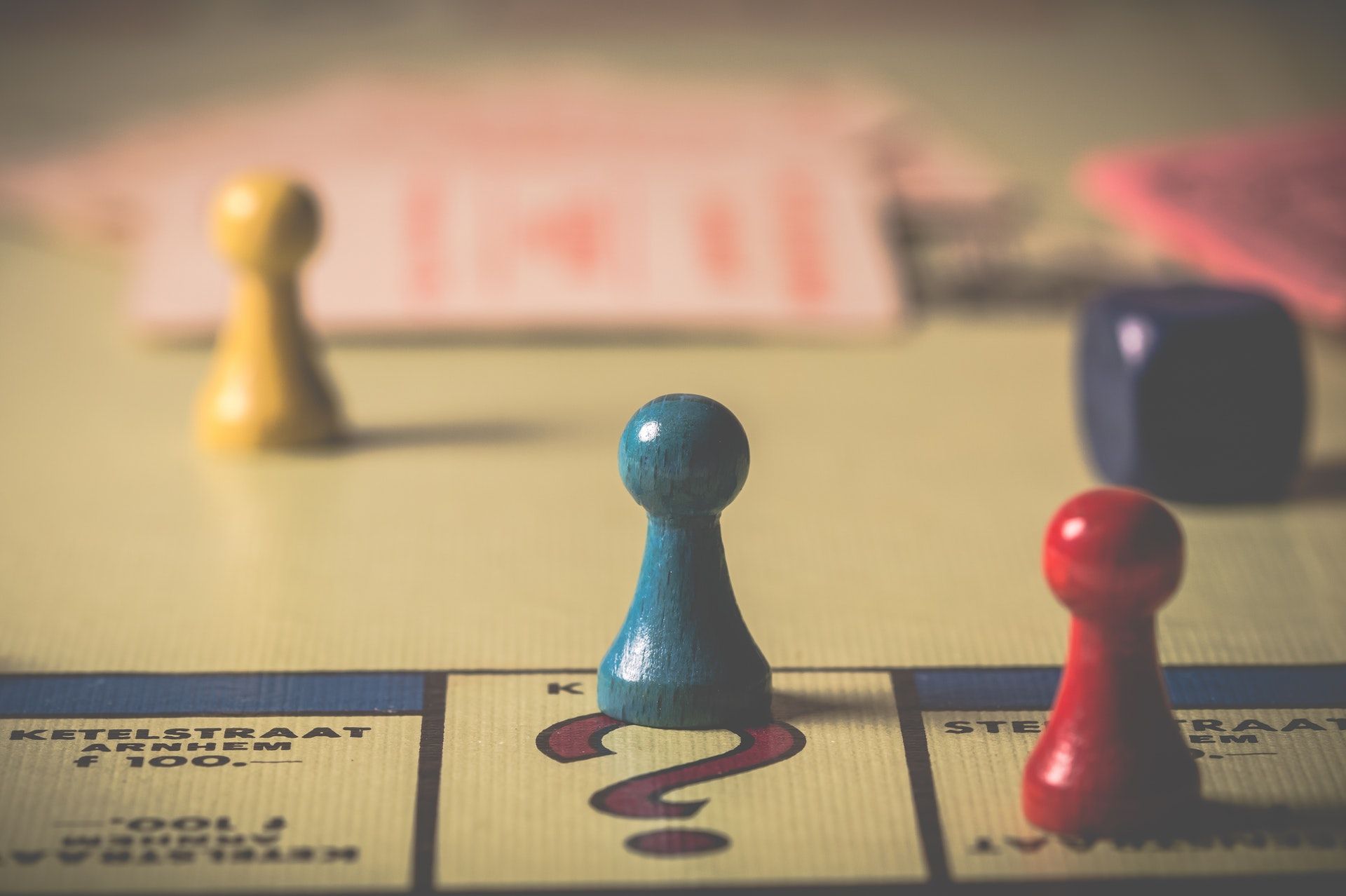
Whoever says you cannot learn to speak French by playing is wrong. Games can be a powerful tool for you to progress your French since they have many advantages! If you've loved playing games since you were a child and are looking for one of the best ways to learn French, I wrote this article on French learning games for you!
Even if you're looking to learn French for beginners, games still can help you a lot. This is not just for intermediate and advanced people.
When I just arrived in France in 2007, I quickly noticed how French love playing games, especially the social kinds. Every French household has a few board games ready at home to deploy on rainy days/weekends.
I, of course, participated in this "tradition" and soon realized that some games helped a big deal in advancing my vocabulary and speaking skill. That's a huge win, right?
So this is the idea of this article: introducing you to some of the best French games so you can use them in your learning. The majority of these games are classic French games, but I also include modern, app-based games.
So, grab your partner(s) and let's play!
And may the odds be ever in your favor.

The Best French Games to Learn to Speak French
What's good about these games are: the rules are so easy. You don't need to spend hours to learn how to play them.
For the first 6 games, you're going to need at least a partner. But, you can even play some of them with your entire French course class!
As a bonus, I'll give you a few of my favorite games that you can play solo to improve your French.
Social Games (with Partners)
Ready? Let's do this!
1. Taboo
Just as the name implies, in this game there are words you're not allowed to say.
You'll need to have two teams of two. In the complete set of the game, you'll have a mini timer and a board to advance your pawns. But if you don't have any of these, you still can make do.
So, each team plays in turn. One person needs to make his team partner the keyword without saying the taboo words.
For example:
- for the word "jouer" the taboo words include "monopoly," "jeu," "jouet," and "enfants."
- for the word "essence" the player is not allowed to say "carburant," "pompe," voiture," "pétrole."
If the other person guesses it right before the time runs out, they win a point and can advance on the board. Otherwise, they stay where they are.
You can buy the physical game online. Or, there's a free app with the same concept that you can download. If not, you can create the game with your friends!

2. Ni Oui Ni Non
This game with a funny name (which means, Neither Yes or No)doesn't require any equipment! And it's the perfect game for French beginners, too.
The objective is straightforward (or is it?): to never say yes or no.
To play it, it's pretty simple. Grab a partner, and decide when to start. Each of you will ask a question in turn, while trying to "trap" the other for him to reply with yes or no.
For example:
Question: Est-ce que tu vas à l'école en bus? (Do you go to school by bus?)
Answer (if you want to avoid saying yes or no): C'est exact. (That's right.)
You can also answer by saying a complete sentence that doesn't include a yes or a no, such as: Comme d'habitude, j'y vais à pied. (As usual, I go on foot.)
The person who says yes or no the most loses!
3. Que Suis-Je?
This is another fun game for beginners that requires very few pieces of equipment.
The name itself means "Who/What Am I?" and the goal is to guess what you are.
Each of the player (at least 2) prepares a card for his opponent. On it, he writes a name/an animal/an object/a profession/other categories.
Everybody, then, sticks the card on their front, WITHOUT knowing what's written on it. Now, whatever the card says, it becomes who the person is. And the goal is to find out what's on it by asking questions.
Examples of the questions:
- Est-ce que je suis un être humain? (Am I a human being?)
- Est-ce que je suis bien connu? (Am I famous?)
- Est-ce que je suis un outil pour fabriquer quelque chose? (Am I tool to make something?)
- Est-ce que je suis un appareil pour écouter de la musique? (Am I a device to listen to the music?)
Based on the answers, you can start guessing what's written on the your card. The first person to guess right wins.
This game is also often called "Devine Tête" or Guess Your Head.
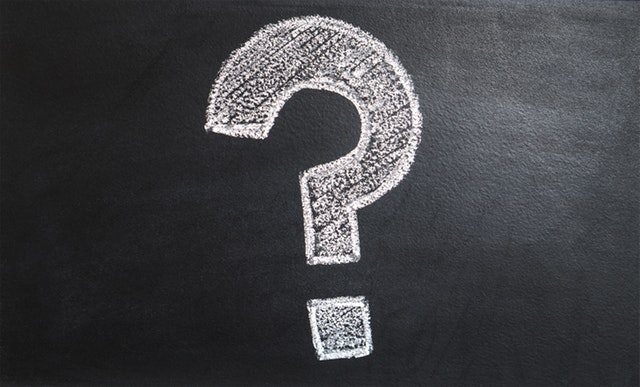
4. Heads Up (French Edition)
This is another game where you need to guess what's written on the cards.
But it's a little bit different in its execution.
Prepare a stack of cards full of the words to guess, for example:
- chaton (kitten)
- râteau (rake)
- micro-ondes (microwave)
- gorille (gorilla)
To play, you need to make your partner guess the word by describing it to him/her. You can mime, but most of the time, it's not even enough. So you'll have to dig deep in your treasure chest of vocabulary to give descriptions to your teammate.
The team who has guessed the most cards wins!
5. Scrabble (or Scrabble Junior)
The French Scrabble may look the same to the English one, but it will definitely challenge your vocabulary.
If you're just beginning, you can start with Scrabble Junior, which also presents its own difficulty, albeit the name.
I believe that you already know the rules, so this one doesn't need presentation.
However, you should know that there's a specific dictionary for playing the French Scrabble that you can use to make sure that so and so words are allowed. (Scrabble always has sets of rules which words are okay and which are not).

6. Contrario
This one is more for intermediate to advanced learners who already master several French idioms.
Plus, you're going to need the complete set to play this game. But if your school or French course has one, this is one of the most fun game to learn to speak French!
In this game, you'll need to guess the right, common idioms out of the false and weird ones that are written on the cards.
For example:
- on the card, it's written "le petit rouge" (the small red) while the right answer is "le grand bleu" (the big blue, which is often used to name the sea).
- on the card, it's "le joli grand cygne" (the big, beautiful swan) while the answer is "le vilain petit canard" (the ugly duckling).
But it doesn't have to be contradictory! Sometimes, the answer is actually a synonym.
Example:
- on the card is written "des pleurs d'alligator" (alligator's cries) while the answer is "des larmes de crocodile" (crocodile's tears).
Each card has 5 expressions, and you must try to guess as many as possible before the timer goes off.
The person who has guessed the most from one card wins that card. And when someone has accumulated 5 cards, he wins the game.
Playing Solo
No partner available? That's okay; you can play solo games too, to learn to speak French.
The best part is, you can play these games anywhere: during your commute, while waiting for the waiter to serve your lunch, or even before going to bed.
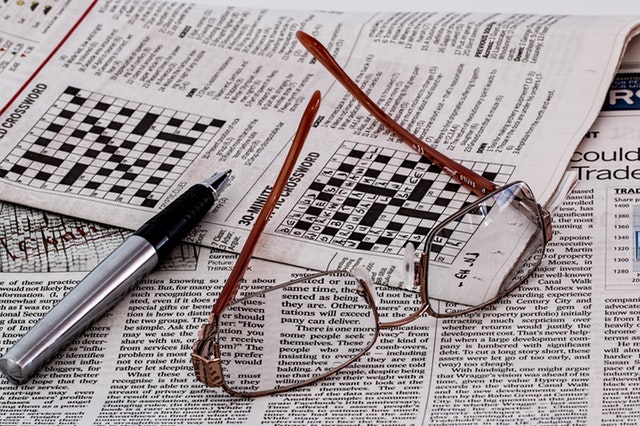
1. Crosswords
Ah, the evergreen game of vocabulary. I personally prefer Sudoku, but Crosswords can get your vocabulary skill at peek.
Most French newspapers and magazines have crosswords (even the free ones they give away at the Métro stations). But if you cannot find a physical one, there's always the Internet!
If you have a smartphone or a tablet, finding French crosswords is as easy as typing "mots croisés" as a keyword.
Or, if you'd like to see other vocabulary puzzles like crosswords, type "jeux de mots." You'll find similar games such as Word Search, Word Fit Puzzle, or Picture Crosswords.
2. Guess the Word
Another word game for you. This one is based on several clues to help you find the one word that connects all the clues.
The clues could be two to three phrases or several pictures.
Example of the clues:
- je suis un mot de cinq lettres (I'm a word of five letters).
- je suis blanc et mou (I am white and soft).
- je me trouve dans le ciel (I am in the sky).
Did you guess the answer yet? It's "nuage" or cloud in English.
As with crosswords, games like this one abound on the Internet. Type "devine le mot" as keyword and you'll find a ton of them.
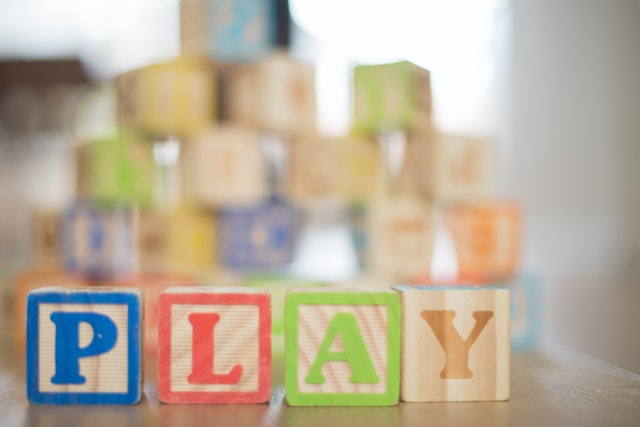
The Advantage of Using Games to Learn French
It's fun – that's probably a reason enough!
But since we want to use them for learning, we'll probably need a list of more elaborate excuses (read: advantages).
1. Great for In-Context Vocabulary Learning
I've said this once (okay, a thousand times) and I'll say it again: in-context vocabulary learning is fundamental. In fact, using vocabulary in context is the most efficient way to learn new words in a foreign language.
Games allow you to break free from the memorizing down spiral that has trapped many learners before you.
When playing games in French, you're basically putting yourself in a social situation that's NOT your usual settings.
This is where you'll be "forced" to use words, phrases, and even slangs that you usually don't feel comfortable using or avoid like the plague.
And guess what, this is how you improve!
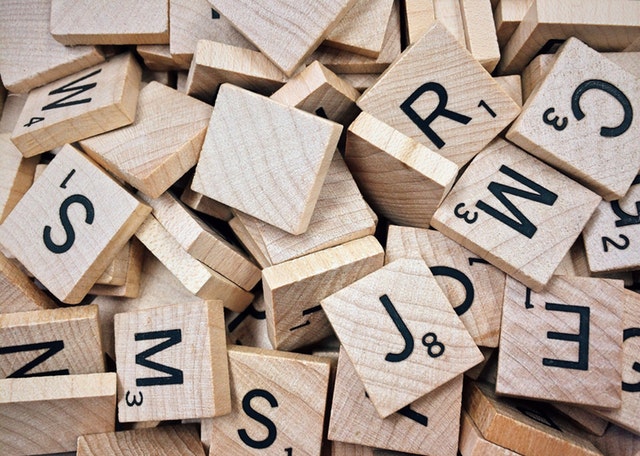
2. Games are Super Engaging
Everybody likes to win.
This is why when you play a game, you tend to give it your all – you are engaged in it. (Shout out to the most competitive amongst us here!)
Studies have shown that when students are engaged, they get better results. This applies to your give-it-all attitude during a game, too!
When the situation gets lively (as they usually do), you'll willingly use structures, grammar rules, and so on with all your effort, which is an excellent way to reinforce what you already learned!
3. It Forces You to Think Out of the Box
Especially for games that involve timing, thinking fast and efficient when playing is mandatory.
There WILL be moments where you stump when trying to describe something and you'll have to find another way to tackle it.
Instead of saying "un oiseau qui parle" as a clue for your partner to guess parrot, you may need to say: "un oiseau exotique avec plein de couleur." You get creative when you're playing a game.
This is an excellent exercise for speaking in real life. If you have ever had that "blank moment" where you try to describe something but the words simply won't come out, this is the perfect training.
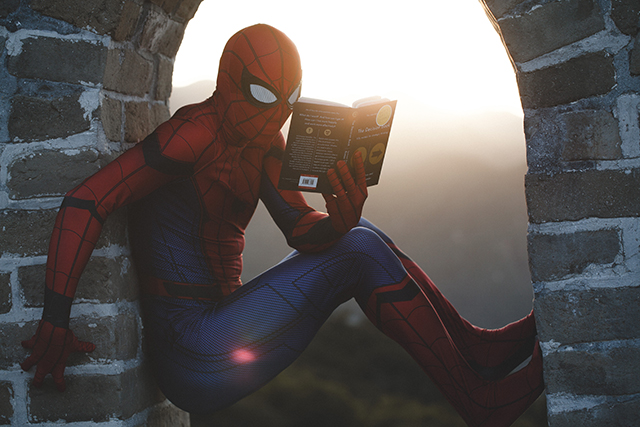
4. You Learn from Your Mistakes
Being able to learn from your mistake is a trait of a successful learner.
And in games, it's all just for fun. So if you make a mistake in French rules, no big deal. The pressure is lowered down when it's all fun and games, right?
If your teammate cannot decipher the clue you're giving him, maybe you make an error somewhere. You can then reassess to find out how to describe the thing better.
The best thing about playing a game is, the world won't end if you lose. This is a great way to learn to accept that you do mistakes, but you've pushed yourself hard, and that's what really matters in learning.

Study Hard, Play Hard
The most important thing to remember is this:
There's not only one "the best way to learn French." If you start to get bored with your books and courses and do nothing different to change it, you'll hit a plateau. Yes, that's a real thing when learning a new skill!
Don't get me wrong, a routine is great. It may be working up till now for you. But really, try breaking up with the routine and do something new from time to time.
Try French games! You can reignite your (forgotten) love for the language of Sartre and give you a re-boost in motivation. Remember, playing is also a way of learning.
Bonne partie!